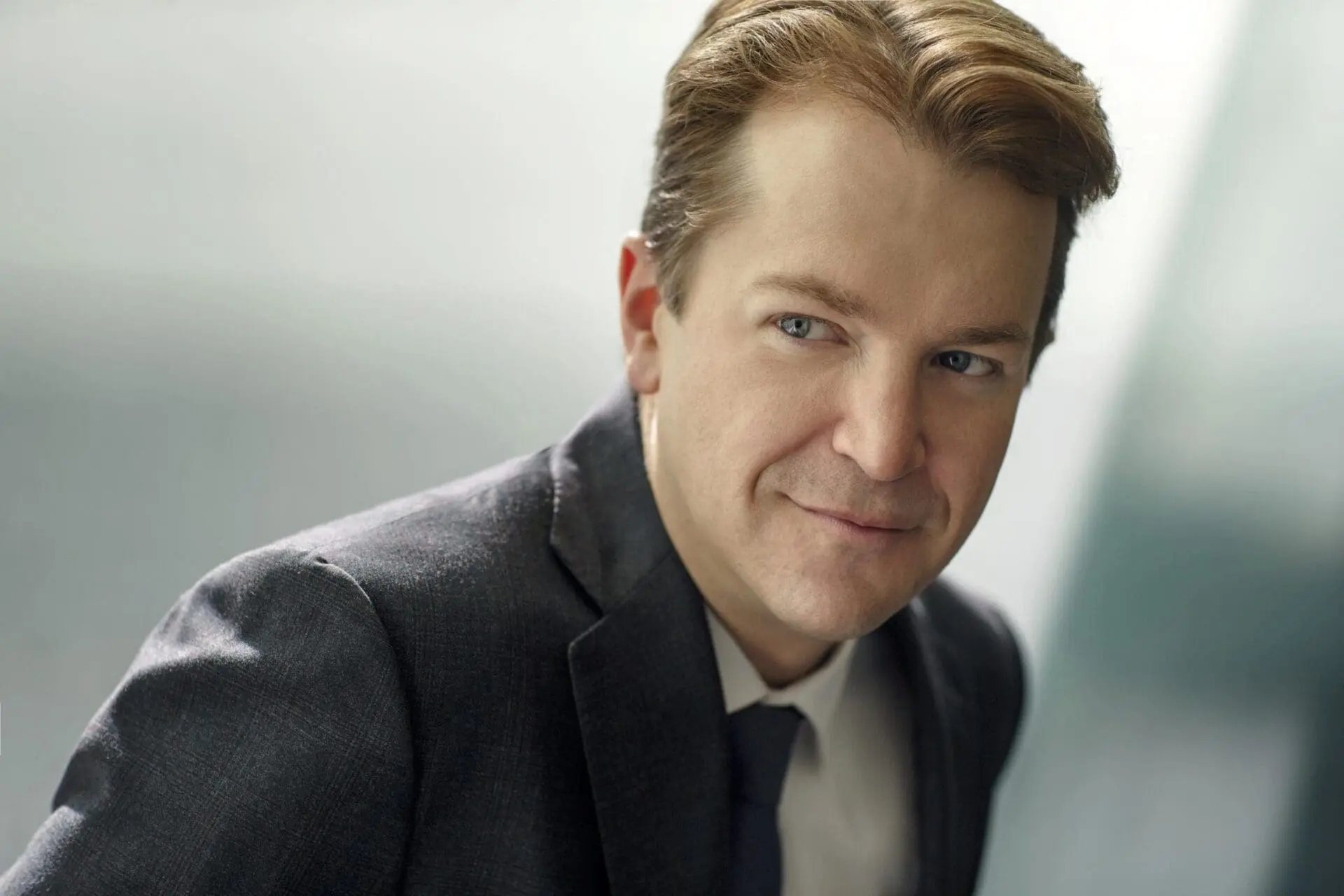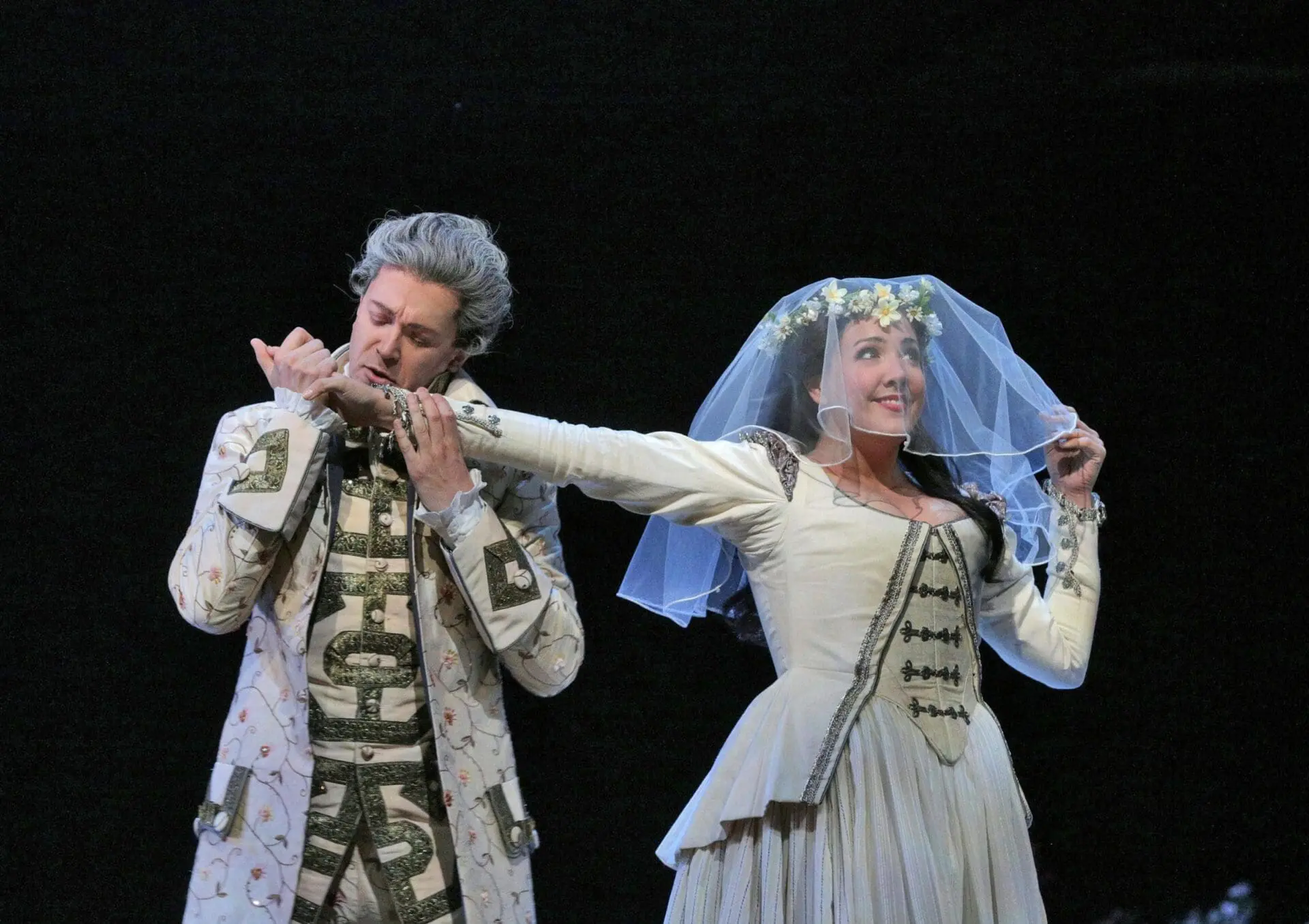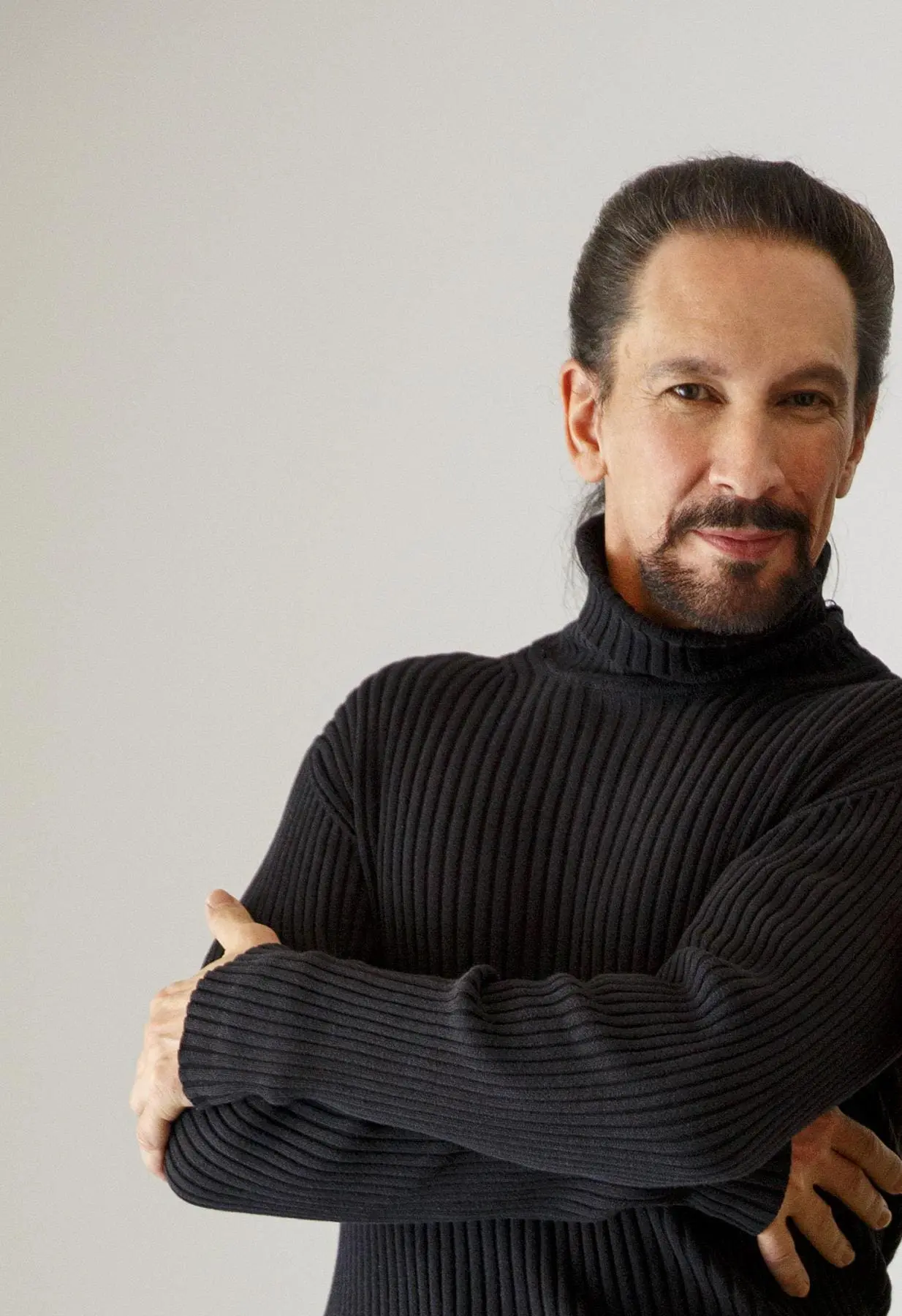This is the continuation of a new series of Q&As with the artists of Canada’s opera scene. After our “Quarantine Questions” from the spring/summer of 2020, we’re checking in once again with these artists as they share new perspectives on mid-pandemic opera. Next up: bass-baritone Daniel Okulitch:
After nearly a year away from a “normal” performance calendar, what perspective have you gained about the worlds of opera and classical music? What is its importance to you, and how does this compare to this time last year?
“For me, it’s too soon draw any new sweeping perspectives, since we’re still firmly in the grip of the pandemic, and will be for some time, even with the vaccine rollout. The long term effects, and how or if this experience will have fundamentally changed the industry, is impossible to gauge. That said, I think a lot of people have had some profound realizations about their own relationship to music, and what they want to create or be a part of. When you’re forced to get off the hamster wheel for a time, you get to ask what it is you really want to create, what sort of life you want going forward, and what other interests you may have been neglecting. Not a tremendous amount has changed for me in terms of how I view the business, though I am very curious to see what lasting shifts might occur.”
What do you miss the most about giving and hearing live performances?
“What I found I’d missed most was getting to play with other people–to throw a line their way, have it bounce back and react and create in the moment. To problem solve and adapt in real time, to struggle to get it right, get frustrated, get elated. I missed the immersive experience of the doing.”
What activities or pursuits have you taken up since last March? Do you have any new interests or passions you can tell us about?
“Well, in 2021 I’ll have my debut in The New York Times as a crossword constructor, which was a goal I set as the pandemic set in. Learning the craft and fumbling through being a novice has been a great way to keep my mind occupied. I found a mentor/editor who is a big opera fan and took me under his wing, and got the good news just before the new year that my first solo submission was accepted.”
What advice do you have for your fellow artists, for staying motivated and engaged during such a difficult time?
“I think finding what motivates you is key, since we’re all different. Me, I’m not the best self-starter. I need people who expect me to be somewhere, who are waiting to hear from me, with deadlines and specific goals. So, scheduling coachings and lessons, collaborating, making appointments, has been important. Figuring out how and what motivates you makes everything easier.”
When performances can resume, what do you think opera can or should say with its output? What sort of platform will it have, post-COVID?
“I don’t think our art form has fundamentally changed. We’re still storytellers through music, and people want to share in the experience of being told that story with other people. We need to remember what our strengths are, and what makes us special. The digital replacements have been immensely creative and wonderful, but nothing replaces live performance with other humans. It’s an act of communal devotion, to sit in an audience together. Classical singing, too, is a technique meant to be heard in a theater where the voice has to carry, so even the best recording cannot capture that. We sing this way for a reason, or else why study it? I hope we always keep that in mind, as much as we explore new digital mediums.”
Daniel Okulitch














